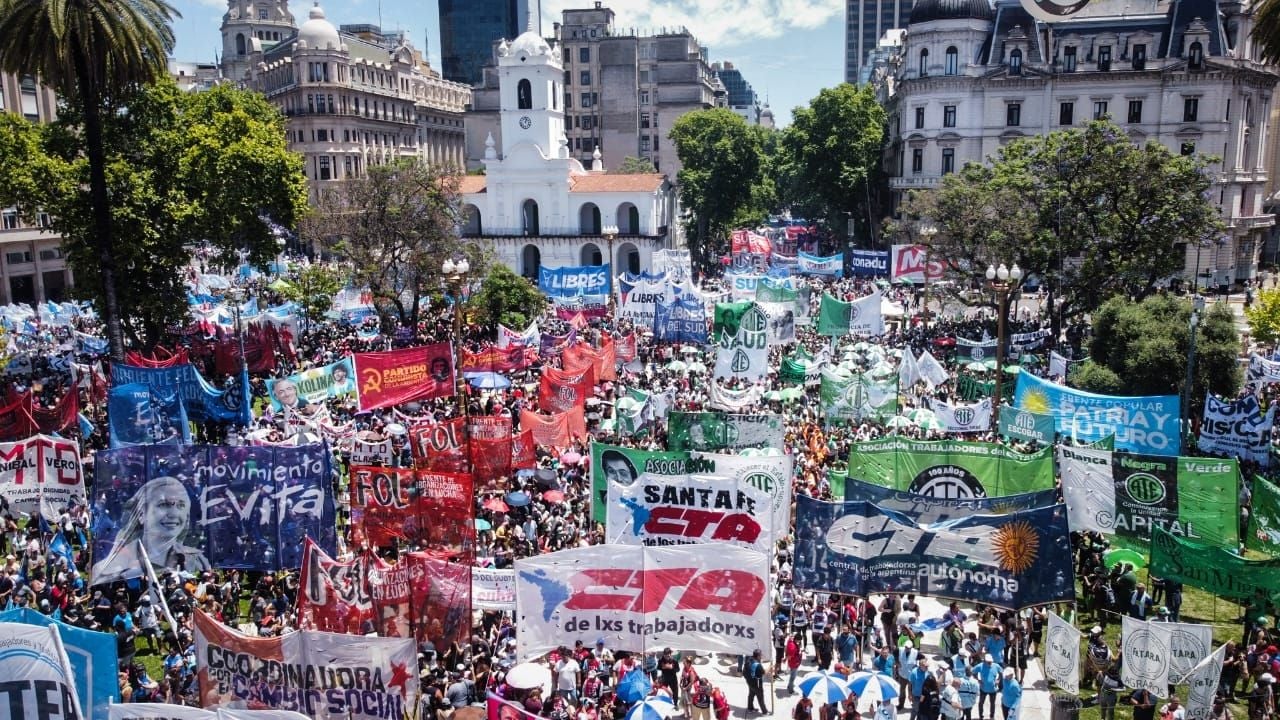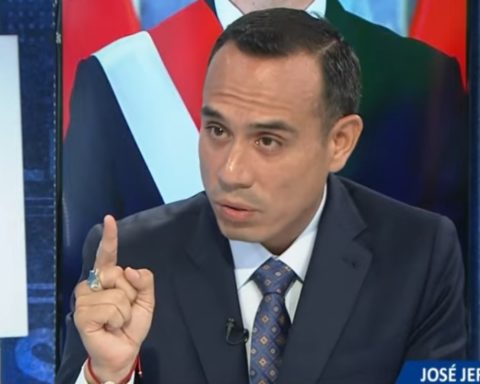The dialogueists of the General Confederation of Labor (CGT) have celebrated the limited union impact of the ultra-opposition march to the Plaza de Mayo, which took place recently.
This event, organized by more radicalized sectors of unionism and social movements, failed to bring together a large number of unions, which was seen as a triumph by the moderate sector of the union. CGT.
The march, which took place on December 5, was called by Kirchnerist sectors and social movements in protest against the policies of Javier Milei’s government.. However, the call did not have the expected impact, since many of the main CGT unions decided not to participate.
Among the most notable absentees were the transport unions and figures like Pablo Moyano, who had hinted that he would join the protest. The dialogue sector of the CGTled by figures such as Héctor Daer and Carlos Acuña, interpreted the low participation as a validation of its negotiating approach.

These leaders have advocated a more moderate and dialogic stance instead of resorting to forceful measures. The absence of the main unions in the march was seen as support for this strategy.
In statements to the press, the dialogue leaders expressed their satisfaction at the lack of impact of the march. “This shows that the majority of workers and unions prefer dialogue and negotiation rather than confrontation,” said Héctor Daer.

Federal Day
For his part, Carlos Acuña highlighted that “the unity of the labor movement is not built with strikes and mobilizations, but with agreements and consensus.” The march was part of the “Federal Day of Struggle”, organized by the two CTA and other social movements.
Despite efforts to mobilize a large number of workers, the call failed to bring together the main unions of the CGT. Only some Kirchnerist unions, such as SMATA and the Banking Association, participated in the protest.
follow us on Google News and on our channel instagramto continue enjoying the latest news and our best content.

















